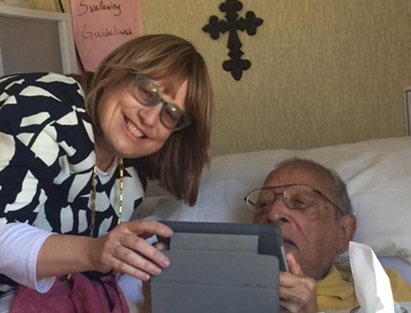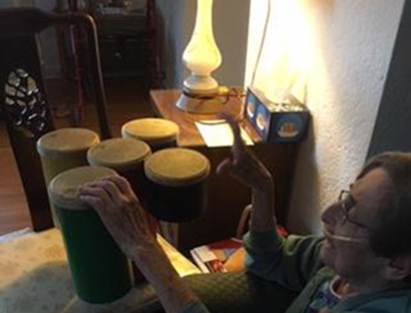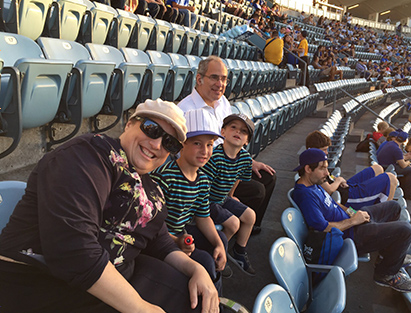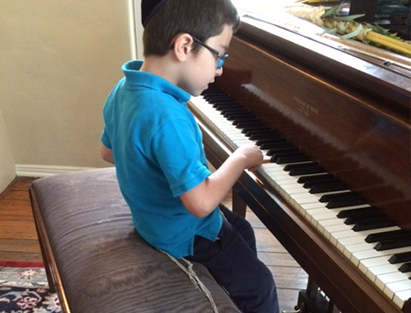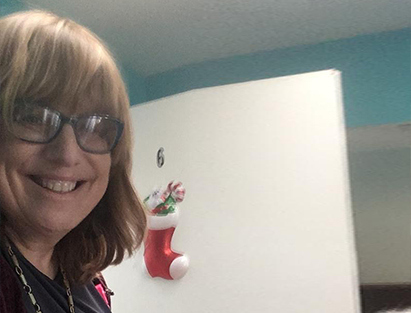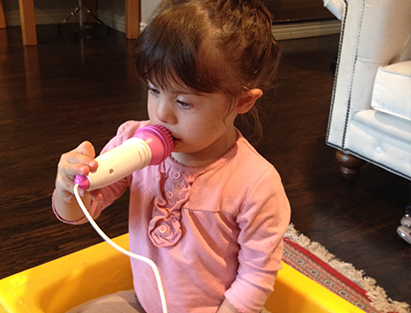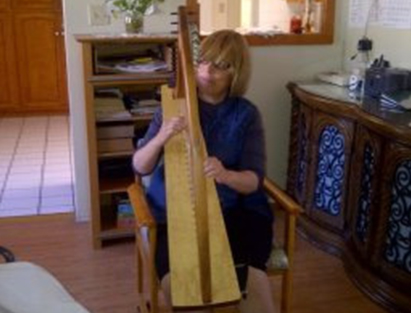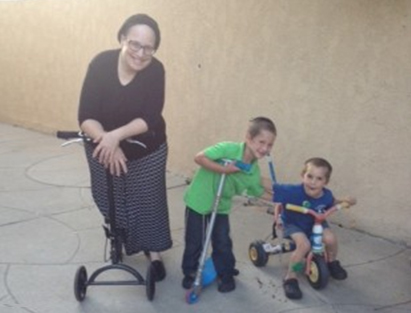If it Ain’t Broke, Don’t Fix it
There’s a saying in technology that if it ain’t broke, don’t fix it. I suppose this stems from the complex parts in products that trying to fix something or improve upon a working appliance, may cause irreparable damage. In other words, leave well enough alone.
This morning our plumber came to fix our kitchen faucet because it was clearly broken. Not totally broken as in “not working at all and water fails to flow out of it,” but broken as in arm of faucet is stuck in its socket and fails to twist and turn, making maneuvering the faucet very difficult.
I admit I pushed off calling the plumber because hey, we did have hot and cold running water and who knows what he’ll discover upon taking it apart? And who knows how much it will cost? In the end I called him because of the dripping bathtub upstairs and while I had him here, I asked him about the kitchen sink.
”Ohhh, very bad. Maybe needs oil,” he declared after examining the specimen. “Maybe rusty. Maybe needs clean…maybe new one,” was the diagnosis.
I pressed further: “So is it a big job?”
”I don’t know – have to check. Maybe need new one.”
Welcome to the Scientific Method of fixing technology. You try various things until the appliance is working. In the end you may or may not know what caused it but who cares? It works and you watch it that it doesn’t happen again.
Not very conducive to long term usage but nobody asked me when designing therapy for appliances.
The medical model on humans, by contrast, is first find the problem and then treat the problem. What doctor worth his or her diploma would prescribe medication for an infection without being reasonably sure through a culture, blood test or other clinical assessment that an infection is the problem.
At the company where I work, the IT treats the computer systems differently than the doctors treat the patients. I work in hospice and palliative care and when a patient is having pain, the doctors will prescribe a pill.
However, when my computer was down, they tried changing passwords, usernames, logging in and out, deactivating plugins, and various other trial and error techniques. In the end the system came back up and when I asked what was wrong the reply was “doesn’t matter.”
All I can say is I’m happy I’m a human and not a computer because at least with a human the doctors address the pain. I feel bad for computers and appliances because with them it’s all about pressing buttons randomly, deleting and deactivating tools until the machine or software works. No investigation into the why or the how.
Press some buttons. Hold your breath, and if it works, rejoice. If not, hack on.
I guess it’s the equivalent of a doctor or nurse poking around for a vein. And to that I say, please be gentle with your technology. They may break down a lot but we need them a lot and they really make our lives better. When they work.
Technology and people. Be nice to them both because while one has feelings (humans) the other may not have feelings but the person behind that keyboard does. Be nice and gentle with him or her as well.

